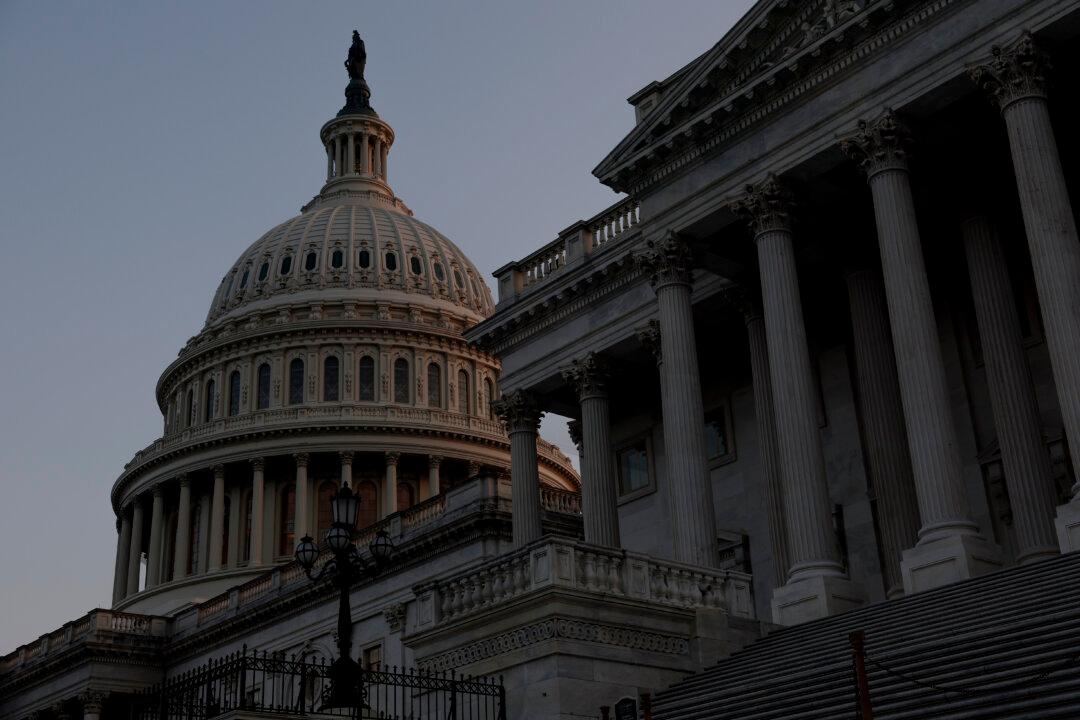The Senate edged closer on Sept. 28 to passing a resolution that would extend government funding through Nov. 17—unless a budget is passed earlier—and sidestep a government shutdown.
In a bipartisan 76–22 vote, members agreed to open debate on H.R. 3935, a bill to reauthorize the Federal Aviation Administration, to which Senate leadership hopes to attach the stopgap funding measure.





